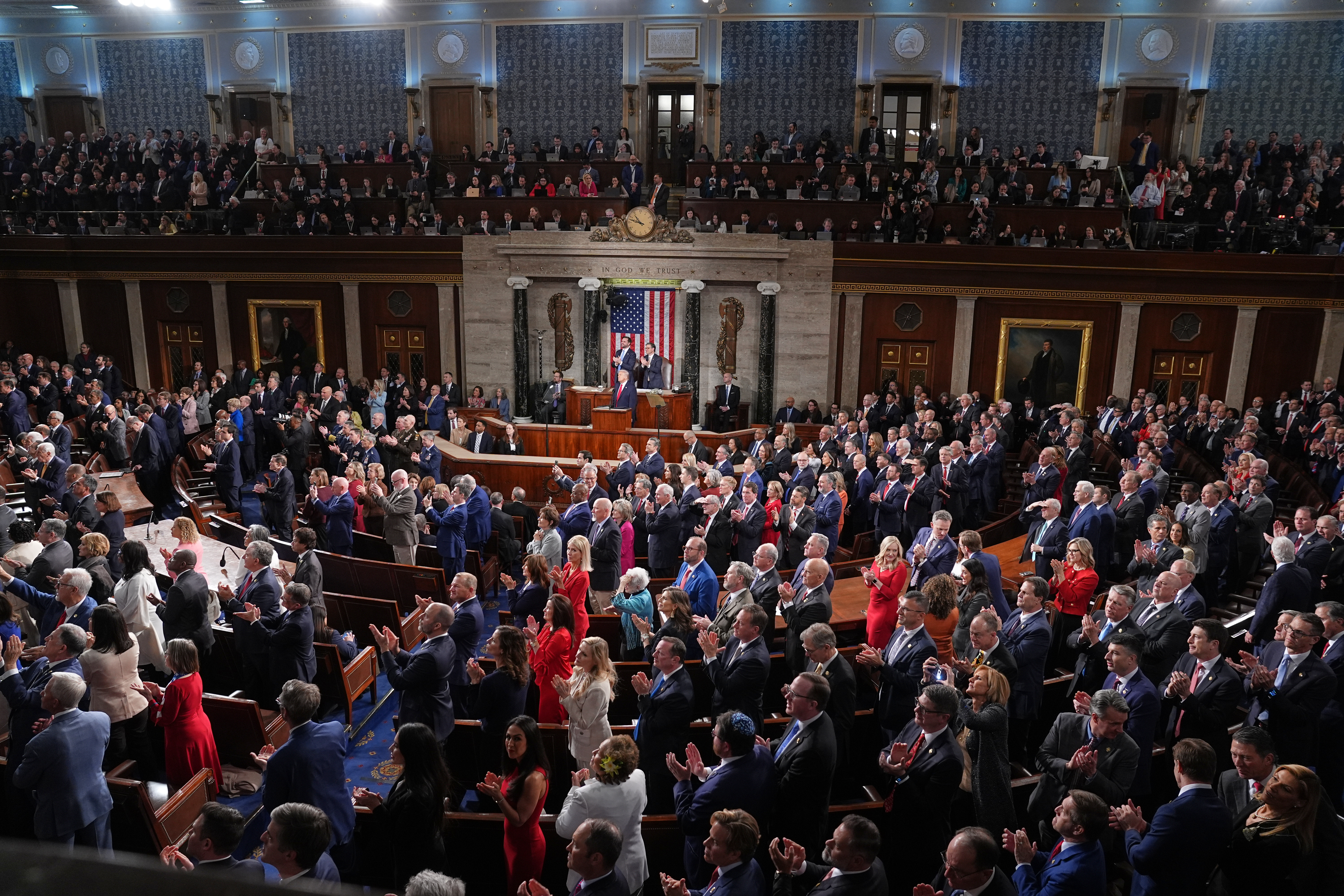Tensions rose between India and Pakistan Monday after India's government made a move to give it more control over the disputed border region of Kashmir.
The Muslim-majority region is located in India's Himalayan mountains. Both India and Pakistan claim the land is theirs, a lengthy dispute that's dragged both nations into three wars.
Kashmir has had autonomous rule for the last seven decades, thanks to a provision in India's constitution known as Article 370. That special status gave the region the right to make its own laws except in certain matters — such as foreign affairs, defense and finance.
But on Monday, India's home affairs minister told parliament that the country's president had revoked Kashmir's constitutionally guaranteed special status.
The Indian government also said it supports a measure to turn the state of Kashmir and Jammu into a union territory, which would give New Delhi a direct say in its affairs. The measure would additionally separate the remote region of Ladakh and turn it into its own standalone union territory.
Monday's announcement wasn't totally unexpected. Prime Minister Narendra Modi's ruling Bharatiya Janata Party had campaigned on revoking Kashmir's special status. Additionally, the Indian government had deployed thousands of troops to the region over the weekend, evacuated tourists from the area and suspended internet service.
In a statement, Pakistan's foreign office said the move to change India's constitution violated United Nations resolutions and that it would "exercise all possible options to counter the illegal steps" taken by India.
Additional reporting from Newsy affiliate CNN.











